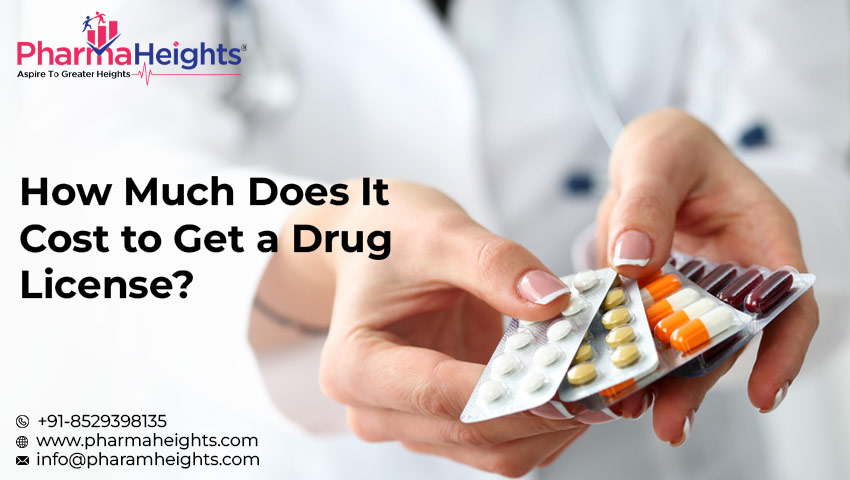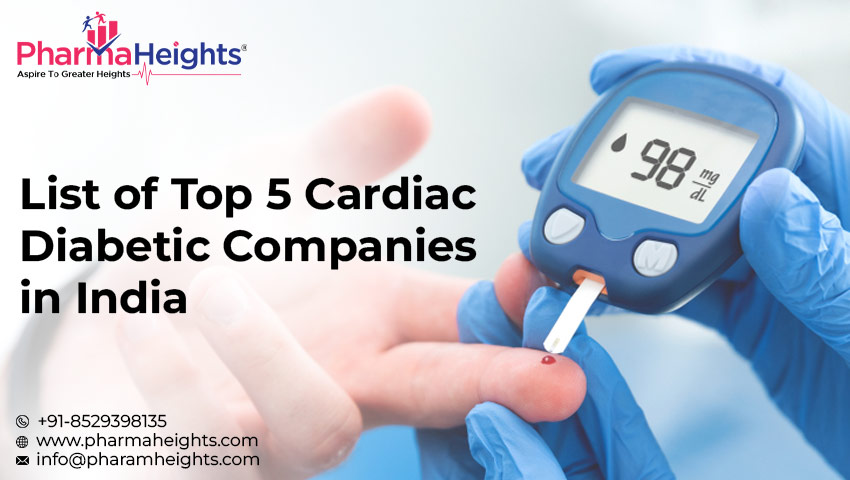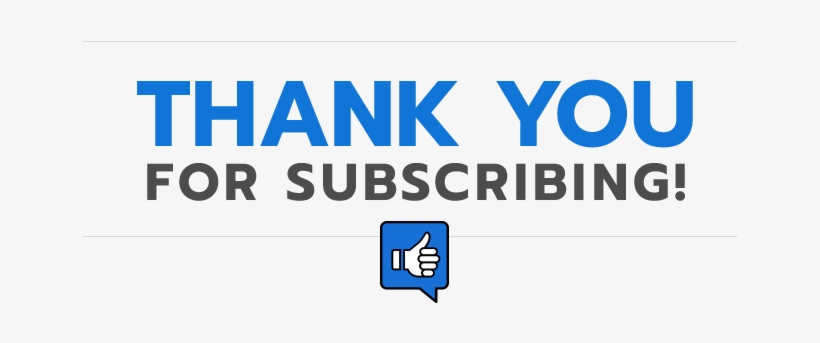How Much Does It Cost to Get a Drug License
A drug license is an official permit granted by regulatory authorities to individuals or companies allowing them to engage in activities related to the pharmaceutical industry. This includes manufacturing, distributing, selling, or conducting research on drugs and pharmaceutical products. The license ensures that these activities comply with regulations and standards set by the government to safeguard public health and ensure the quality, safety, and efficacy of drugs available in the market.
Importance of Drug License in the Pharmaceutical Industry
A drug license is crucial in the pharmaceutical industry for various reasons:
- Quality Assurance: Ensures that drugs meet regulatory standards for quality, safety, and efficacy.
- Public Safety: Protects consumers from substandard or counterfeit drugs that could harm their health.
- Legal Compliance: Ensures compliance with government regulations and prevents legal issues.
- Market Access: Allows pharmaceutical companies to legally manufacture, distribute, and sell drugs in the market.
- Reputation: Enhances the reputation and credibility of pharmaceutical companies by demonstrating compliance with regulatory standards.
- Research Support: Facilitates research activities by providing authorization for drug development and testing.
Significance of Drug Licenses in Launching a Pharmaceutical Business
A drug license plays a pivotal role in starting a pharmaceutical business. It is a legal requirement that ensures compliance with regulations governing the production, distribution, and sale of drugs. Without a drug license, it's illegal to operate in the pharmaceutical industry. Obtaining this license demonstrates the business's commitment to quality, safety, and efficacy standards set by regulatory authorities. It also instills trust among consumers and stakeholders. Overall, a drug license is essential for initiating and running a legitimate pharmaceutical business.
Costs of Obtaining a Drug License in India
In India, acquiring a drug license in the pharmaceutical industry incurs various costs, essential for legal operation and compliance with regulations. Here's a breakdown of the initial expenses involved:
Application Fees: This is the initial cost paid to the regulatory authority when submitting the application for the drug license.
Documentation Expenses: There are costs associated with preparing and obtaining necessary documents required for the application, such as company registration certificates, manufacturing premises details, and quality control documents.
Inspection Charges: Regulatory authorities conduct inspections of the manufacturing facilities to ensure compliance with quality standards. Businesses need to cover the expenses related to these inspections.
Consultancy Fees: Some businesses may choose to hire consultants or legal experts to navigate the licensing process efficiently, incurring additional consultancy fees.
Other Miscellaneous Costs: These can include expenses for training employees on regulatory compliance, obtaining necessary equipment or technology upgrades to meet quality standards, and any other incidental costs associated with the licensing process.
The total cost of obtaining a drug license in India can vary based on factors such as the type of license, size of the business, and location of manufacturing facilities. It's crucial for pharmaceutical businesses to factor in these costs to ensure smooth compliance and legal operation within the industry.
Various Types of Drug Licenses in the Pharmaceutical Industry
In the pharmaceutical industry, various types of drug licenses cater to different aspects of manufacturing, distribution, and sale of pharmaceutical products. Here are the main types:
- Manufacturing License: Required for businesses involved in the production of pharmaceutical products, including tablets, capsules, injections, and more.
- Wholesale License: Necessary for entities engaged in the wholesale distribution of pharmaceutical products to retailers, hospitals, clinics, and other healthcare facilities.
- Retail License: Essential for pharmacies and retail outlets selling pharmaceutical products directly to consumers.
- Loan License: Allows a company to manufacture pharmaceutical products on behalf of another licensed manufacturer using their facilities and expertise.
- Restricted License: Granted for specific activities, such as repackaging or re-labeling of pharmaceutical products.
Understanding these different types of drug licenses is crucial for businesses to ensure they obtain the appropriate license for their specific operations within the pharmaceutical industry.
Essential Documents Needed to Obtain a Drug License
To obtain a drug license in the pharmaceutical industry, several documents are required to demonstrate compliance with regulatory standards.
- Company Registration Certificate: Proof of the legal establishment of the pharmaceutical business entity.
- Manufacturing Premises Details: Documents verifying the location and infrastructure of the manufacturing facilities, including layout plans and building approvals.
- Quality Control Documents: Records demonstrating adherence to quality control measures in the manufacturing process, such as Standard Operating Procedures (SOPs) and quality assurance protocols.
- Technical Staff Details: Information about qualified personnel responsible for the manufacturing and quality control processes.
- Product Formulation Details: Specifications and formulations of the pharmaceutical products intended for manufacturing.
- Fee Payment Receipts: Proof of payment of the required fees for the drug license application.
- Any Other Specific Documents: Additional documents may be required based on the specific requirements of regulatory authorities in different regions.
Ensuring the completeness and accuracy of these documents is crucial for a successful drug license application in the pharmaceutical industry.
Conclusion
Pharma Heights aims to provide valuable information about drug licenses and their associated costs in the pharmaceutical industry. We hope this information helps you understand the importance of drug licenses and provides clarity on the process. If you still have any questions or need further assistance, please don't hesitate to contact us via phone at +918529398135 or email at info@pharmaheights.com. We're here to help.
Recent Blogs
04 Jan, 2024




